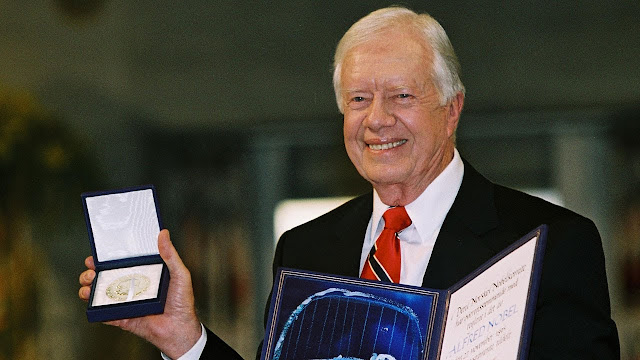作者:朱志群 美国巴克内尔大学政治学与国际关系系教授
(图片来自网络)
Most people think there are three approaches to address North Korea’s nuclear issue: continuation of the sanctions-based policy; military action; and returning to negotiations. The simple fact is none of these three will work right now. The U.S. preferred sanction-based policy has obviously failed to curb North Korea’s nuclear ambitions. It’s had its chance to succeed and only driven them closer to an effective nuclear weapon.
Worse, any military action on the Korean Peninsula will have unbearable consequences for all parties, especially the Korean people. With a quick glance at how prosperous South Korea is and some historical knowledge of how South Koreans built the economic miracle after the Korean War, it’s obvious why South Koreans strongly oppose war and why President Moon Jae-in has insisted that no U.S.-led war on the Korean peninsula will be allowed without South Korea’s consent. No one in South Korea is willing to sacrifice what they have earned through diligent work, and many South Koreans feel disgusted by President Trump’s threat of “fire and fury” over North Korea.
(图片来自网络)
But conditions are not right for an immediate return to the negotiation table. Even China who sponsored the Six-Party Talks between 2003 and 2009 realizes that distrust between the United States and North Korea is a gap too far to bridge. The United States has insisted that North Korea must abandon its nuclear program before any meaningful talks can be held, but North Korean will not abandon the nuclear program as they think the U.S. threat is clear and present. In their minds, it’s leverage they can’t afford to cede.
A blind spot in the current debate about North Korea is a fundamental question that is not often asked: why does North Korea want to develop and maintain nuclear weapons?
If the international community can create conditions under which North Koreans feel it unnecessary to develop nuclear weapons, then this problem will automatically disappear. This holds the best hope for a peaceful resolution of the stalemate.
Denuclearization is an objective, not a pre-condition for peaceful talks. Without security guarantees from the United States, its wishful thinking to expect North Korea to voluntarily denuclearize. A softer approach towards the North has the potential to achieve this ultimate objective.
Promoting cultural exchanges and welcoming North Korea into the international community should be an integral part of such an approach. Public diplomacy can be an effective way to break diplomatic stalemates. In 2008 the New York Philharmonic Orchestra paid a historic visit to Pyongyang, where it performed to a polite and enthusiastic audience. When the Star Spangled Banner was played, the fascinated North Korean audience reportedly all stood up and showed respect to America.
Former NBA player Dennis Rodman traveled to North Korea several times in recent years, but each time the U.S. State Department quickly distanced itself from the famous “bad boy,” turning away opportunities to generate goodwill between the North Korean people and Americans through such people-to-people exchanges. Kenneth Bae, a Korean-American who was released in November 2014 after being sentenced to 15 years of hard labor in North Korea, said he thought Rodman increased public awareness of his imprisonment leading to his release.
Former U.S. President Jimmy Carter, at age 93, admirably offered to travel to Pyongyang again to help defuse tensions, but the Trump administration has rejected the proposal. Carter has been to North Korea at least three times in a non-official capacity to help negotiate deals with North Korea and seek the return of American citizens held by North Korea.
Effecting positive changes inside North Korea through extensive interactions with North Korean people remains the best approach for a peaceful resolution of the North Korea dilemma. The 2018 Winter Olympics, the 2020 Summer Olympics, and the 2022 Winter Olympics will be held in PyeongChang, Tokyo, and Beijing. These are great opportunities to welcome North Korea to be part of the international community.
“War made the state, and the state made war,” asserted sociologist and political scientist Charles Tilly. By the same token, states make peace, and peace can make a new state out of North Korea. With concerted efforts by all relevant parties, peace is within reach and sustainable on the Korean peninsula.
本文由《海外看世界》授权在微信平台首发,原文曾载于《Korea Times》
责任编辑:徐沺
校对:陈俊婕 陈彤



Comments
Post a Comment